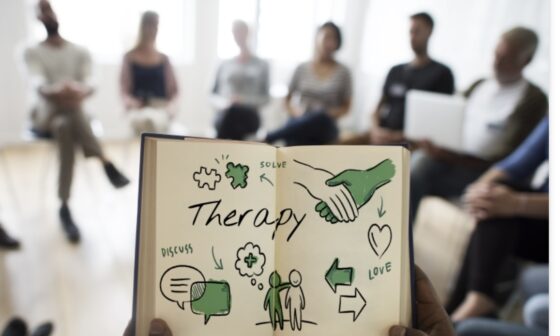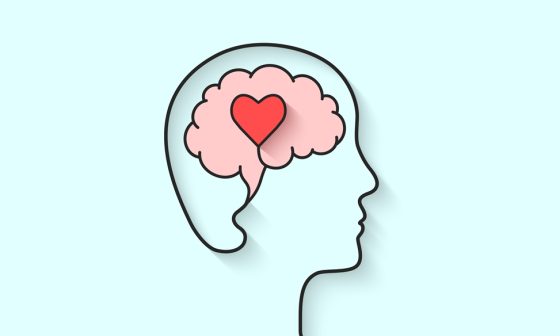Addiction doesn’t discriminate, affecting individuals across age groups, including teenagers. When it comes to treatment for addiction, one-size-fits-all approaches are often inadequate, especially for younger individuals. Age-specific treatment programs, particularly those tailored for teens, offer a host of advantages that could be critical for effective recovery.
Table of Contents
Understanding the Teen Brain
Teenagers are not just younger adults; they are in a stage of rapid developmental changes, both physically and psychologically. Their brains are still developing, which impacts their decision-making abilities, emotional regulation, and susceptibility to addiction. This uniqueness necessitates age-specific approaches to treatment, such as therapies found in specialized detox centers for teens.

Peer Pressure and Social Dynamics
Teens often face distinct social pressures, including peer pressure, that can influence substance use and other addictive behaviors. Age-specific programs provide an environment where teenagers can interact with their peers who are facing similar challenges. This fosters a sense of community and belonging, essential factors in the treatment process.
Co-occurring Mental Health Issues
Teenagers are at a stage where many mental health issues, such as depression and anxiety, may first manifest. According to HealthyPeople.gov, teen depression is more than just moodiness and requires professional intervention. Age-specific programs are better equipped to identify and address these co-occurring conditions.
Family Involvement
Family plays a critical role in a teen’s life and is often heavily involved in the treatment process in age-specific programs. Parents and siblings can be educated about the nature of addiction and how best to support their loved one in recovery.
Age-Appropriate Therapies
Traditional addiction treatments may not always be applicable or effective for teenagers. Age-specific programs often incorporate therapies and activities that are suitable for younger individuals, including experiential therapies like art or music therapy, and evidence-based treatments modified for a younger age group.
Flexibility in Educational Commitments
Many teen-specific treatment programs offer educational components to ensure that the individual does not fall behind in their schooling while undergoing treatment.
Long-Term Recovery Resources
The journey to recovery is an ongoing process. Age-specific treatment programs typically provide aftercare services designed for teens and their unique needs, assisting them as they transition back into their daily lives. Organizations like SAMHSA provide resources that can help in maintaining long-term recovery.
Safety and Security
Teenagers are vulnerable, not just emotionally but physically. Age-specific programs offer enhanced safety measures to protect this vulnerable population, from constant supervision to secure facilities that offer a drug-free environment.
The Takeaway: Tailored Approaches for Lasting Impact
When it comes to addiction treatment for teenagers, age-specific programs can offer advantages that generalized programs might not be able to provide. From therapies tailored to the teen brain to addressing the unique social and educational needs of younger individuals, these programs offer a comprehensive, multi-faceted approach. This creates a conducive environment for meaningful recovery, making age-specific treatment an option worth considering for the well-being of the younger generation.
Also read: Important things to know about diabetes







